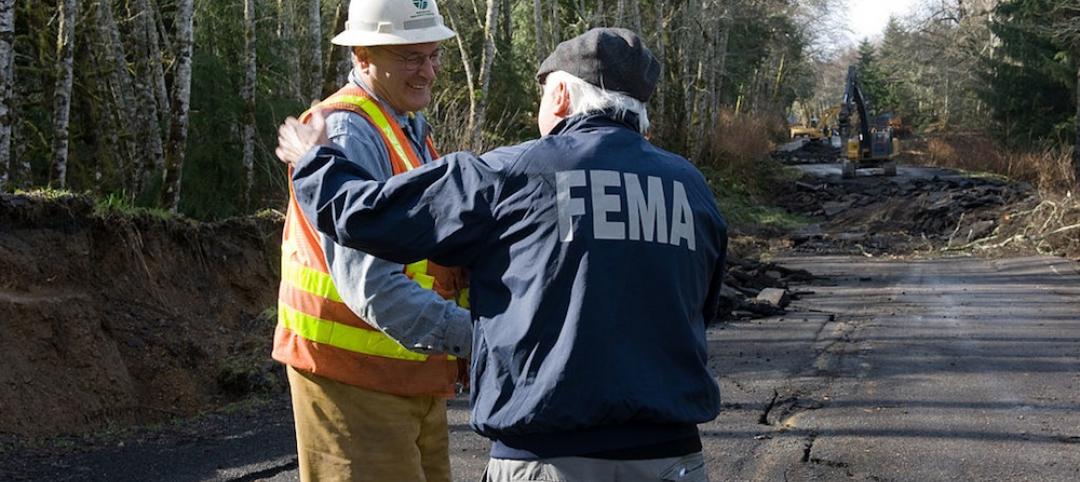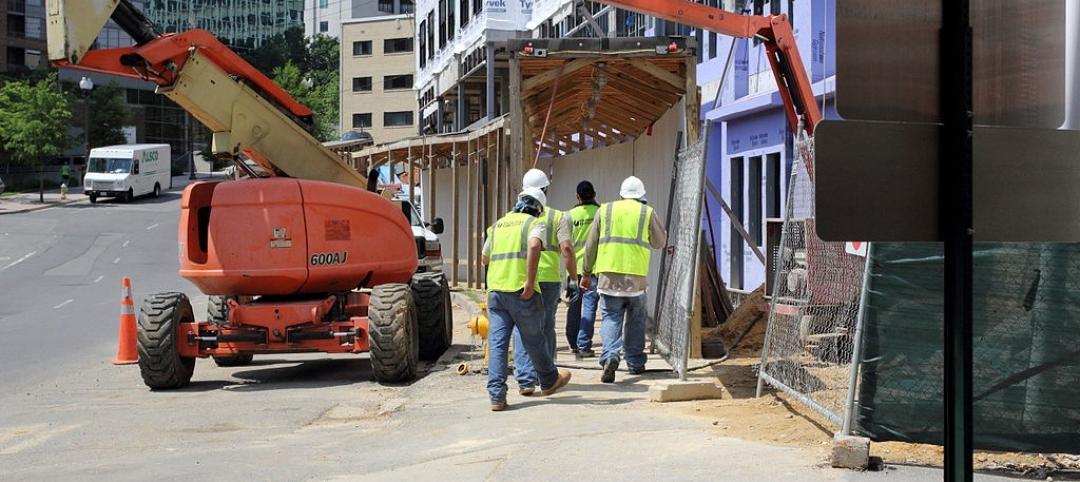The American Institute of Steel Construction and AIA Contract Documents have released the second part of a document intended to provide guidance for three common collaboration strategies.
The document, Design Assist: Collaborative Design Approach Guidelines for the Fabricated Structural Steel Industry, is a follow-up to part one, Delegated Design, Design Assist, and Informal Involvement: What does it all mean?
The strategies covered are informal involvement, design assist, and delegated design. Part II focuses on the implementation of design assist in the fabricated structural steel industry. The document describes the roles and responsibilities of various project participants and provides general guidelines about applying those strategies to fabricated structural steel projects.
“Great teams drive great projects—and great teams rely on clear communication,” said Babette Freund, vice president of special projects, Dave Steel Company, Inc., and chair of AISC’s Code of Standard Practice Committee. “This paper aims to help project teams use design assist strategies to meet a defined project schedule and budget while minimizing the costs and disruptions that might arise from team misalignments.”
How AISC defines design assist for the structural steel industry
According to the guidelines, design assist is, "A form of collaboration where a structural steel fabricator and/or erector (or a fabricator/erector team under one contract, depending on project circumstances) provides information under a contract with the owner or other party as designated by the owner, to assist a structural engineer of record (SER) and other designated members of the design assist team with the design of the structural steel for buildings or building-like structures."
Related Stories
| Jul 31, 2014
Gypsum Association releases updates to wallboard repair standards
The Gypsum Association released updates to both GA-221 Repair of Joint Ridging and GA-222 Repairing Screw or Nail Pops standards publications.
| Jul 31, 2014
Cambridge, Mass., is latest locale to require energy usage disclosure
The City Council of Cambridge, Mass., approved the Building Energy Usage and Disclosure Ordinance (BEUDO) that requires benchmarking and disclosure of building energy performance for large commercial, institutional, and multifamily buildings.
| Jul 31, 2014
Stalled $1.5 billion Miami mixed-use redevelopment project advances
A long-delayed $1.5 billion mixed-use development in Miami moved ahead after city planners approved the project’s first phase.
| Jul 30, 2014
USGS updates National Seismic Hazard Maps
The U.S. Geological Service recently released an update of U.S. National Seismic Hazard Maps that reflect the latest analysis of where future earthquakes will occur, how frequently they may occur, and their strength.
| Jul 23, 2014
Fairfax County, Virginia toughens green standards
The Fairfax County Board of Supervisors recently strengthened its green building policy, requiring higher standards for residential, retail, office and other construction projects seeking approval for rezoning.
| Jul 23, 2014
Berkeley National Lab’s FLEXLAB is a test bed for energy efficient office design
FLEXLAB, short for the Facility for Low Energy Experiments, opened this summer at the Lawrence Berkeley National Laboratory.
| Jul 23, 2014
House passes 2015 GSA budget with 17% cut for new construction projects
The General Services Administration’s construction budget for fiscal year 2015 passed by the House this month includes cuts in both new construction and renovation/repairs compared to 2014.
| Jul 16, 2014
Coastal flooding increasing along East Coast, says report
An analysis of tidal levels and flood data by the news organization Reuters concludes that flooding has increased along the Eastern Seaboard over the past four decades.
| Jul 16, 2014
Local hiring requirement a tough challenge for new Detroit arena project
An agreement for a land transfer from the City of Detroit to Ilitch Holdings Inc., that enabled construction of a new arena for the Detroit Red Wings requires that 51% of the project’s construction workers must come from the city.
| Jul 16, 2014
Local hiring requirement a tough challenge for new Detroit arena project
An agreement for a land transfer from the City of Detroit to Ilitch Holdings Inc., that enabled construction of a new arena for the Detroit Red Wings requires that 51% of the project’s construction workers must come from the city.













